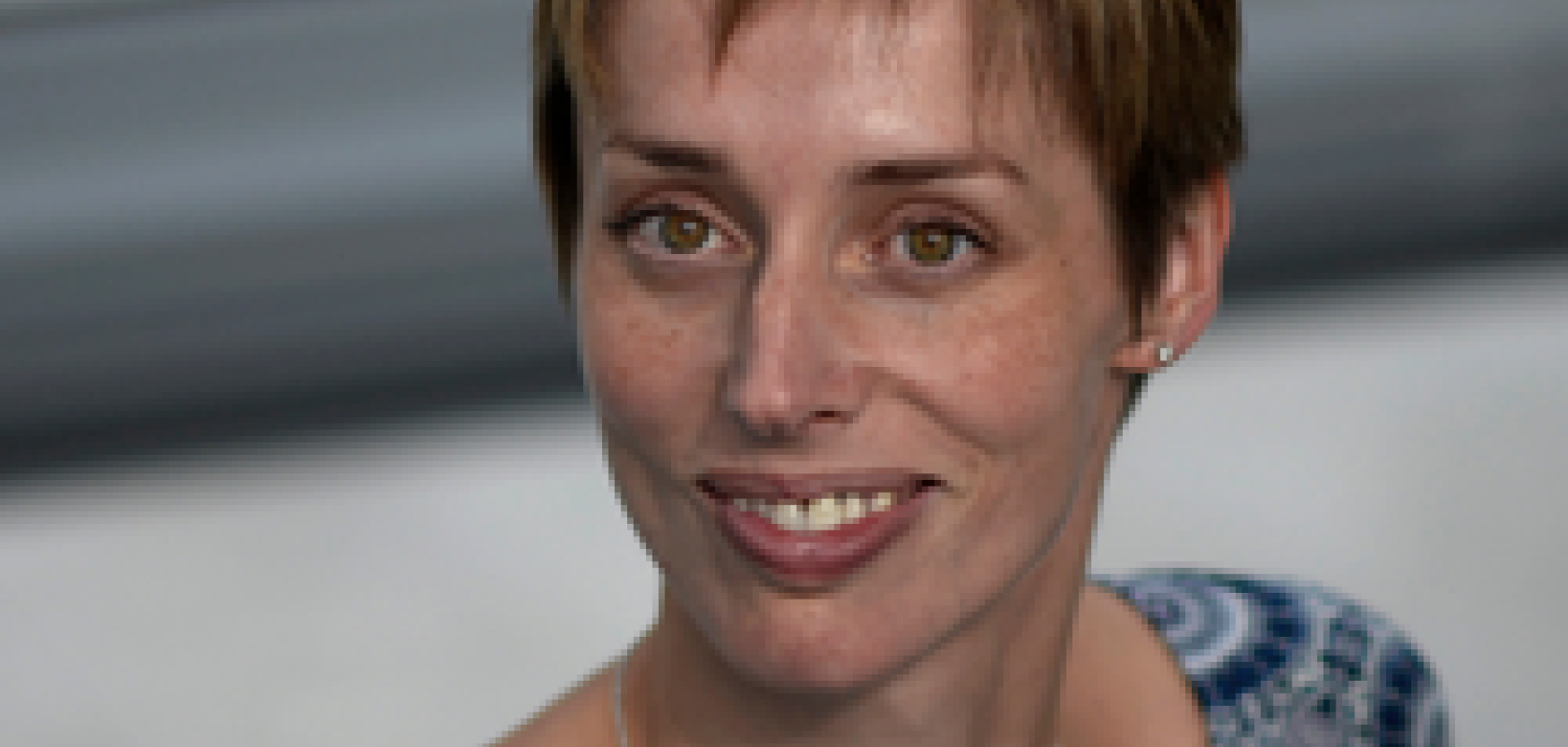In 2015, Nathalie Vermeulen coordinated two European research projects (an ERC Starting Grant and a FET (Future and Emerging Technologies) Young Explorers project), where she had to decide whether or not to pursue a scientific hypothesis that strongly contrasted with common belief.
The topic being investigated was the nonlinear-optical behaviour of two-dimensional materials, more specifically that of graphene. Up to that point only positive nonlinearity values were reported for graphene in the literature. But Vermeulen questioned, what if the nonlinearity were negative? Only through this open-minded approach, the team was able to unravel the actual nonlinear-optical physics of graphene and achieve important breakthroughs in the two projects.
The biggest challenges in this area according to Vermeulen are the fact that as the material types are becoming more ‘exotic’ (e.g., low-dimensional materials, metamaterials, etc.), it becomes increasingly complex to adequately characterise the material nonlinearities. In response to this challenge, Vermeulen had the opportunity to collaborate with nonlinear-optics pioneer Professor Eric Van Stryland (CREOL) and 20 other experts in the field to provide an overview of recently investigated nonlinear-optical materials and their properties and to list ‘best practices’ for properly measuring, analysing and reporting nonlinearities (the resulting paper was published recently in IOP Journal of Physics:Photonics). Another important challenge, dating back to the early days of nonlinear optics, is ‘to find the right balance between maximising the nonlinear response and minimising optical losses’, according to Vermeulen. This trade-off strongly influences the practical applicability of nonlinear-optical devices, and this in turn will determine the overall impact that the field will have on modern society.
Photonics is also a constantly evolving field with new trends emerging all the time. Vermeulen advises that rather than following ‘hypes,’ it is worthwhile to thoroughly and systematically explore all the potential of one specific topic or approach before moving on to something new. Finally, she recommends to ‘keep in mind that scientific breakthroughs generally require intensive team work, so in the end it is all about people working together, both within the photonics domain and across disciplines’.
Throughout her career, Vermeulen had a lot of support from various people, but the director of VUB B-PHOT research group, Professor Hugo Thienpont, mentored her along the way. He guided Vermeulen through the opportunities and pitfalls were and encouraged her to develop her own strategy and vision. Thanks to this mentorship, Vermeulen learned that one of the most inspiring ways to lead a team is to ‘lead by example,’ i.e., to guide your co-workers through your actions and behaviour rather than through words only.
Vermeulen believes that anyone who works in R&D with an open mindset, with a good portion of courage when wandering off the beaten track, with a critical attitude towards previously made assumptions, and with a strong commitment to reach the set-out goals, could be considered as an R&D ‘rock star’. And if these people also turn out to be excellent team players and/or leaders, then they are ‘super rock stars’!
You can connect with Vermeulen via ResearchGate, LinkedIn and view her work on Google Scholar. She plans to attend several events and conferences, including the Siegman International School (Dublin, Ireland, June 2023), CLEO Europe (Munich, Germany, June 2023) and OPTICA Nonlinear Optics (Hawaii, USA, July 2023).
Organisation: Brussels Photonics (B-PHOT), Vrije Universiteit Brussel (VUB)
Role: Professor / Principal Investigator (topic: nonlinear photonics)
Based in: Gooik-Belgium
Education: Master in Electrotechnical Engineering – Photonics


